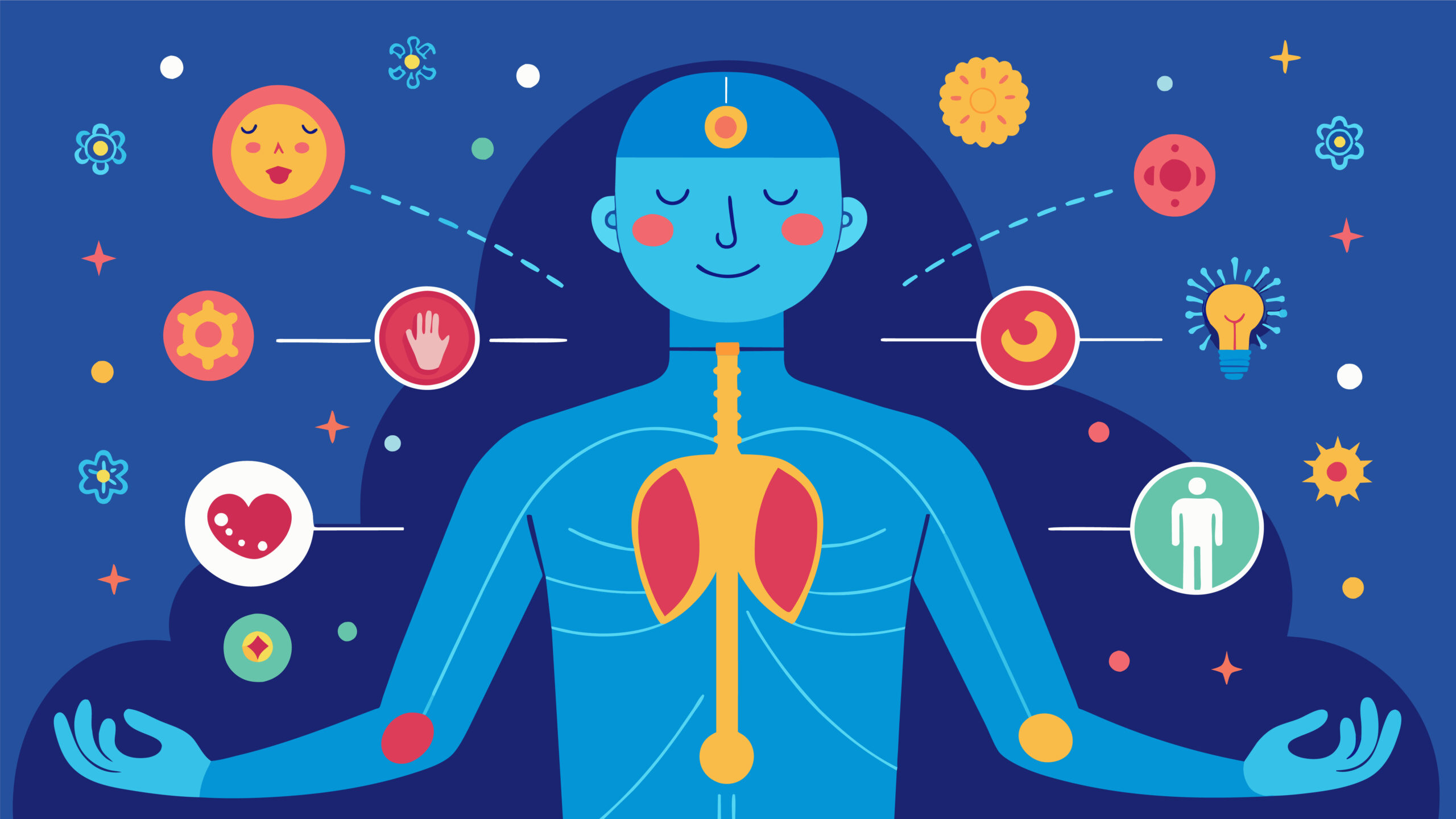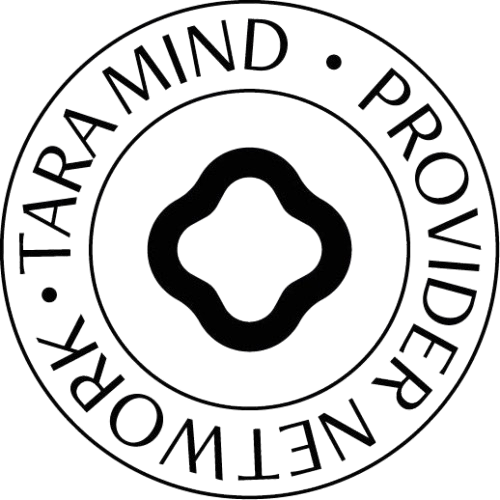Exploring Ketamine’s Healing Potential: 3 Ways It Works
Ketamine, once primarily known as an anesthetic, has garnered increasing attention in the medical community for its profound effects on mental health. Recent studies have shown that ketamine, administered in controlled settings, can have a powerful impact on conditions like depression, anxiety, PTSD, and chronic pain. Its unique healing properties are attributed to its ability to interact with the brain and body in ways that traditional treatments cannot. At Allay Health and Wellness, we specialize in offering ketamine infusions to help patients experience these remarkable benefits. In this article, we will explore three distinct mechanisms by which ketamine promotes healing, providing insight into how this treatment can offer hope to those suffering from mental health and chronic pain disorders.
Understanding How Ketamine Heals
Ketamine is a dissociative anesthetic that has been used for decades in both human and veterinary medicine. While its primary use is as an anesthetic in surgery, researchers have discovered that ketamine can have significant therapeutic effects when used in smaller doses, particularly for mental health conditions like depression, anxiety, and PTSD.
Unlike traditional antidepressants, ketamine works in ways that are completely different from SSRIs (Selective Serotonin Reuptake Inhibitors) or other common medications. It offers fast-acting relief, sometimes within hours, rather than the weeks or months it can take for traditional medications to show their effects.
Mechanism 1: NMDA Receptor Blockade
One of the primary mechanisms by which ketamine promotes healing is its interaction with the NMDA receptors in the brain. These receptors are involved in the transmission of glutamate, a neurotransmitter that plays a critical role in mood regulation, memory, and learning.
Ketamine works by blocking the NMDA receptor, which is known to regulate synaptic plasticity. Synaptic plasticity refers to the ability of the brain’s synapses (connections between neurons) to strengthen or weaken over time, based on activity levels. This process is crucial for learning, memory, and the brain’s response to stimuli.
In conditions like depression, NMDA receptors are often overactive, leading to an imbalance in brain chemistry. Ketamine’s blockade of these receptors results in the release of glutamate, which subsequently activates other receptors, such as AMPA receptors. This action helps to restore balance in the brain and promotes the growth of new synaptic connections.
The result of this process is the rapid improvement in mood and cognition observed in patients undergoing ketamine treatment. Unlike traditional antidepressants, which typically work by increasing serotonin levels over time, ketamine has the potential to rewire the brain almost instantly, offering immediate relief from symptoms of depression, anxiety, and PTSD.
Mechanism 2: Increased Brain-Derived Neurotrophic Factor (BDNF)
Another critical mechanism behind ketamine’s healing properties involves its ability to increase levels of Brain-Derived Neurotrophic Factor (BDNF). BDNF is a protein that plays a vital role in the survival, development, and function of neurons in the brain.
In patients with mental health disorders like depression, anxiety, and PTSD, BDNF levels are often found to be lower than normal. This reduction in BDNF can contribute to cognitive decline, memory loss, and emotional distress. The ability of ketamine to increase BDNF levels has been shown to promote neuroplasticity, which refers to the brain’s ability to form new neural connections and reorganize itself.
By increasing BDNF, ketamine helps restore the brain’s natural capacity for healing and growth. Neuroplasticity is essential for emotional recovery, as it enables the brain to form healthier thought patterns and coping mechanisms in response to stress or trauma. Increased BDNF levels also aid in improving cognitive function, which can help patients feel more focused, clear-headed, and resilient to emotional challenges.
Mechanism 3: The Role of Ketamine in Inflammation Reduction
Ketamine’s ability to reduce inflammation in the brain and body is another important mechanism in its healing process. Chronic inflammation has been linked to a wide range of mental health conditions, including depression, anxiety, and PTSD, as well as chronic pain conditions.
Inflammation can interfere with normal brain function by disrupting the balance of neurotransmitters and impairing synaptic plasticity. This disruption is often seen in individuals with treatment-resistant depression or PTSD, where traditional medications do not seem to provide relief.
Ketamine has been shown to have anti-inflammatory properties, helping to reduce the neuroinflammation that contributes to these disorders. By modulating the inflammatory response, ketamine helps to restore a healthier environment in the brain, supporting better mental and emotional well-being.
In addition to its effects on brain inflammation, ketamine may also help reduce systemic inflammation throughout the body. This is particularly beneficial for individuals with chronic pain conditions, as inflammation is often a key factor in pain sensitivity and intensity. Ketamine’s ability to reduce inflammation not only supports mental health but can also provide pain relief for conditions like fibromyalgia, migraines, and complex regional pain syndrome (CRPS).
The Benefits of Ketamine for Mental Health
Given these distinct mechanisms, it is clear why ketamine has become such an exciting treatment option for mental health conditions. Here are some of the key benefits that patients may experience when undergoing ketamine therapy:
1. Rapid Relief from Symptoms
One of the most notable benefits of ketamine therapy is its rapid onset of action. Many patients experience significant improvements in mood, energy, and mental clarity within hours of treatment. This is in stark contrast to traditional antidepressants, which may take weeks or even months to show results.
2. Effective for Treatment-Resistant Conditions
Ketamine has shown effectiveness in treating individuals with treatment-resistant depression or those who have not found relief from traditional medications. It provides an alternative for those who have struggled with chronic conditions like severe depression, anxiety, PTSD, and even OCD.
3. Long-Term Benefits
While ketamine’s effects are often rapid, there is also evidence to suggest that its impact can be long-lasting. Research has shown that with repeated treatments, patients may experience sustained improvements in mood and cognitive function. Many individuals report feeling better equipped to manage stress, emotional challenges, and trauma following a series of treatments.
4. Minimal Side Effects
When administered in a controlled setting, ketamine therapy has minimal side effects. The most common side effects are temporary and may include dissociation, mild nausea, or dizziness. However, these effects typically subside quickly and do not have long-term consequences.
Ketamine for Chronic Pain Management
While ketamine is often associated with mental health treatments, it has also been found to be incredibly effective in treating chronic pain. For individuals suffering from conditions like fibromyalgia, CRPS, and chronic migraines, ketamine provides a non-opioid solution for pain management.
Ketamine’s ability to reduce inflammation and regulate neurotransmitter function makes it particularly useful for managing pain. By modulating the brain’s pain pathways, ketamine can help reduce pain sensitivity and provide long-lasting relief without the risk of opioid addiction or dependence.
Is Ketamine Right for You?
If you are struggling with treatment-resistant depression, anxiety, PTSD, or chronic pain, ketamine may be the solution you’ve been searching for. With its unique ability to heal the brain through NMDA receptor blockade, BDNF stimulation, and inflammation reduction, ketamine offers a promising path toward recovery.
At Allay Health and Wellness, we specialize in providing ketamine infusions in a safe and supportive environment. Our experienced medical professionals will work with you to determine whether ketamine therapy is appropriate for your specific condition and help you achieve the best possible outcomes.
Contact Us for Ketamine Therapy
If you’re ready to explore the potential benefits of ketamine therapy, reach out to us at Allay Health and Wellness today. Our team is dedicated to helping you find relief and achieve a higher quality of life. We provide ketamine infusions tailored to your individual needs, whether you’re seeking mental health support or pain relief.
Address:
11000 Prosperity Farms Rd, Suite 101, Palm Beach Gardens, FL 33410
Connect:
Phone: (561) 421-6444
Email: [email protected]
Let us help you begin your healing journey with ketamine therapy. Contact us today to schedule a consultation and learn how ketamine can help you feel better, faster.




